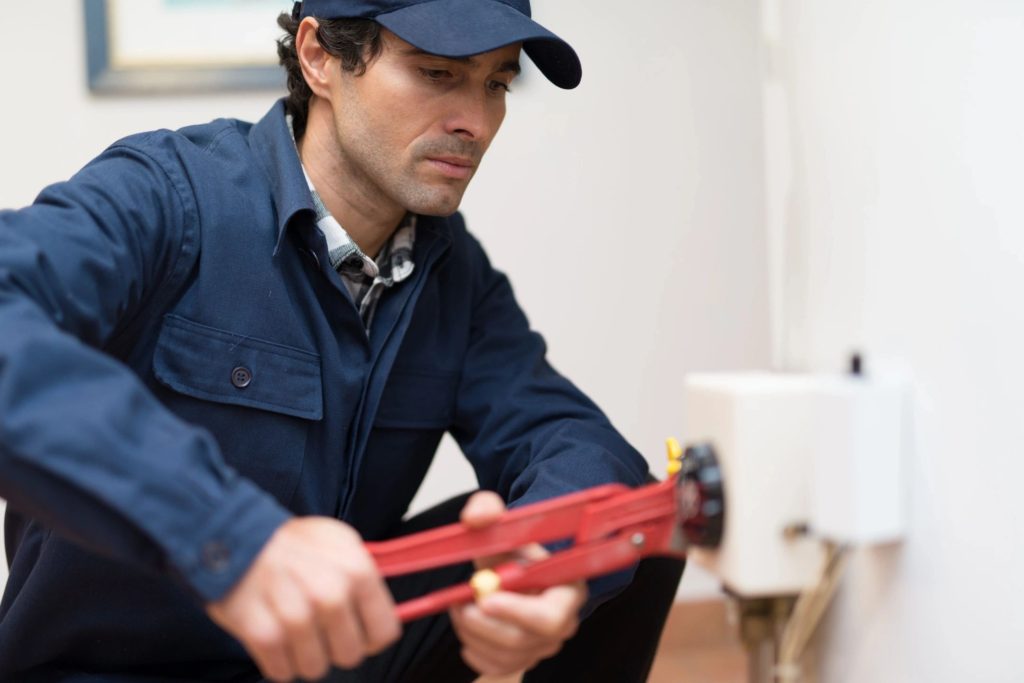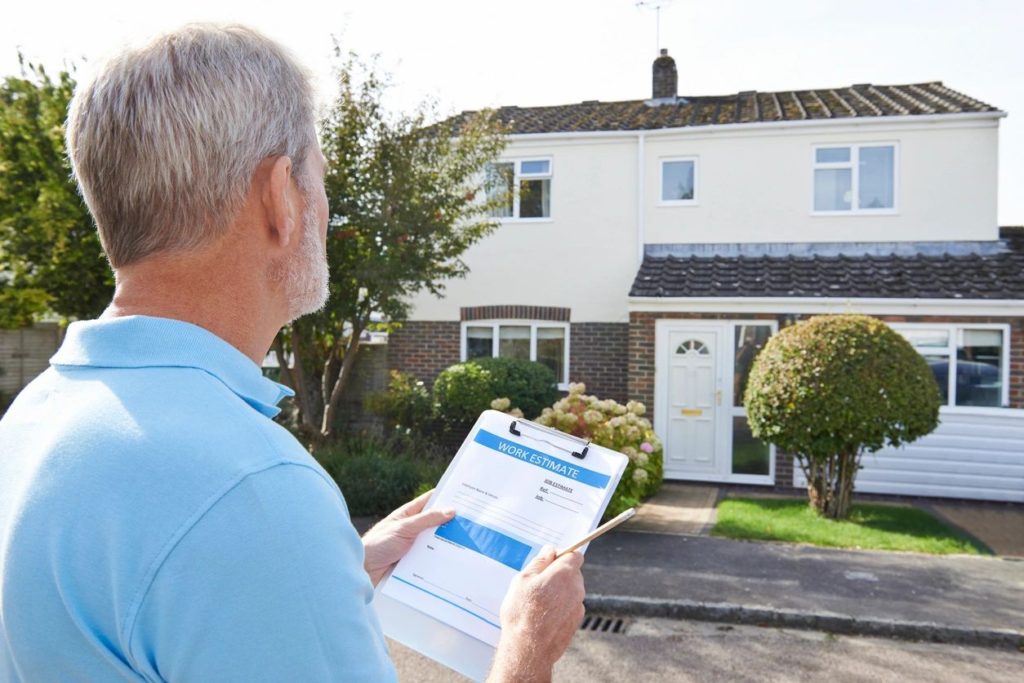
As a homebuyer, you get to choose your home inspector, so it’s important to find a good one who’s experienced and educated. Ask your realtor for a couple of recommendations and then do a simple search on google to find any reviews there may be.
An inspection is the buyer’s greatest opportunity to determine the home’s condition. You will get a full picture of the home from the inspector spending time documenting the big and the little issues. This is not a test that the house passes or fails, but rather it’s a way to identify problems that will need to be dealt with.
Foundation: A home inspector takes a close look at the structural integrity of the home you want to buy. Part of that means he will be looking for cracks, moisture, water damage, and sticking windows and doors, which could reveal that the foundation of the home is shifting or sinking. The inspector won’t have the final say as they can’t officially diagnose or offer repair solutions for the foundation issues. They identify and find all the hidden problems and gather the overall sense of the issue and if it is believed to be serious, a structural engineer would need to come out. Most of the foundation repair companies won’t charge a fee to come to inspect in the hopes that you will hire them to fix the problem.
Roof: The inspector will check if the peak is straight and level. if the roof is sagging between rafters, if shingles show any signs of deterioration, if roof vents are visible, and if there is any loose flashing near the chimney. He will want to make sure the roof is well-constructed and will protect you from the elements. As part of the report, you can expect to be provided with an estimate of how many good years the roof has left before the consideration of replacing it.
Plumbing: He will look inside and outside the house and he will check to see if the water is running from the taps including the spigots, see that they drain empty, and make sure that the toilets flush. The inspector will look for any leaks around the plumbing, pipes, and fixtures. There will be an assessment of the toilet flappers, dripping faucets, and leaky showerheads.
Electrical: One of the leading causes of house fires is the electrical system, so expect this to be a very thorough examination. In addition to checking the electrical panel to make sure wiring and grounding are up to code, the inspector looks for corroded wires and correct amperage ratings. Common electrical issues include exposed wiring, painted outlets, reversed polarity, aluminum wiring, and lack of GFCI protection.
HVAC: Inspectors will check the thermostat, air conditioner, furnace, heat pumps, and ducts to assure that all are in working order. He will look at service records and determine the system’s age, evaluate the cleanliness of each component, and the safety mechanisms.
The Bottom Line: There is much more to a home inspection than those above but these are the most costly to repair or replace if issues are found. With this report, you are more able to identify what you can or can not take on if you buy a home. Furthermore, a home inspection can uncover potentially life-threatening problems like mold or faulty wiring that could cause a significant fire.

 See Our National Coverage Map
See Our National Coverage Map







